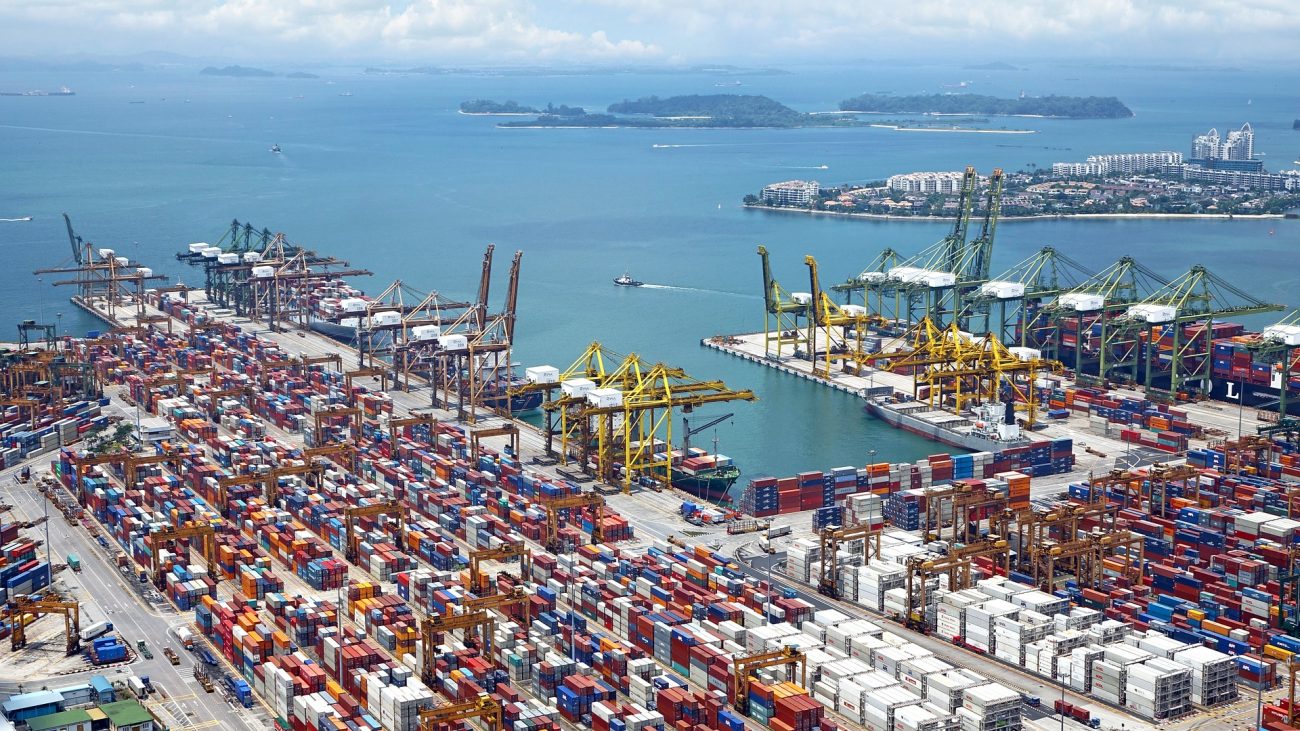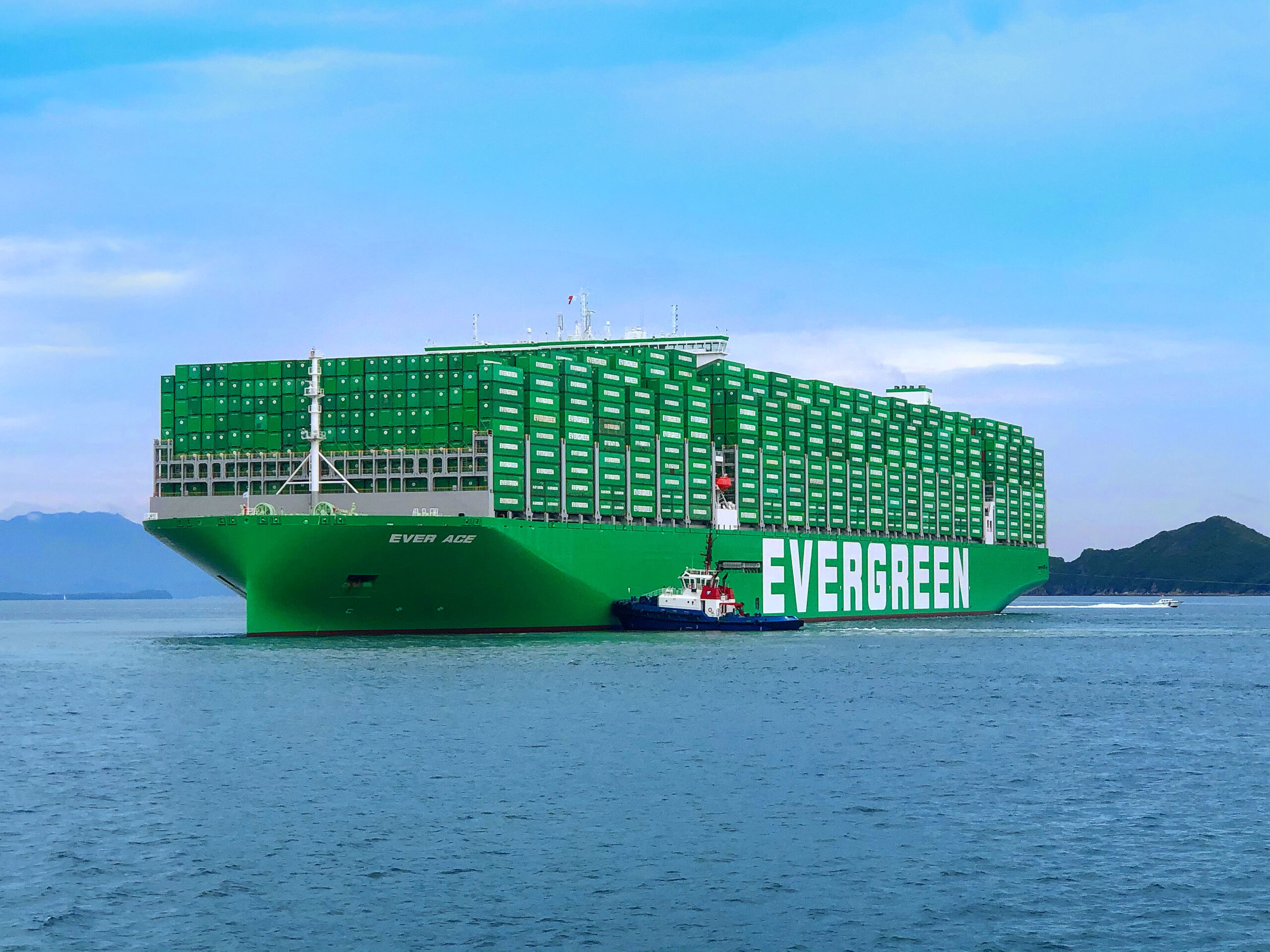Did you know intermodal freight transportation goes all the way back to the 1700s? At that time, coal was transported in containers on England’s Bridgewater Canal A lot has happened since then. Today, intermodal freight transport plays a significant role in the overall supply and distribution chain. In this blog post, I will share some of the challenges and trends in intermodal freight transport that we are currently facing.
1. More customers prefer smart and sustainable transport solutions
Today, there is a large focus on environmentally friendly solutions in the transport industry. More customers prefer smart and sustainable transport solutions to the traditional standard solutions that do not take the environment into consideration. This is true also for intermodal freight transport, which constitutes an important part of turning the global transport system into this direction. There is now a wide range of smart and sustainable solutions in the market as well as companies focusing entirely on eco-friendly intermodal freight transport.
2. Intermodal freight transport is gaining ground over traditional road transport
There is a clear trend where intermodal freight transport is gaining ground over traditional road transport. Many countries, especially across Europe, are making large investments in infrastructure development. Road as well as rail networks are extended and becoming more sophisticated. As a result, many transport companies can now offer the same transit times for their intermodal freight transport as for standard road services. This makes it difficult for standard road services to compete with those new smart and sustainable solutions for intermodal freight transport.
3. Increased demand for intermodal freight transport from automotive and FMCG
The increasing demand for intermodal freight transport is coming especially from two industries: the automotive and FMCG (Fast Moving Consumer Goods). This is a result of the (previously mentioned) improved transit times and infrastructure developments, putting intermodal freight transport in an increasingly competitive position against standard road service.
4. Transport companies struggle to provide reliable transport services
However, one of the greatest challenges in intermodal freight transport at the moment is for the transport companies to truly offer reliable services. Even though intermodal freight transport is a growing segment, there is a lack of flexibility in the transport chain. The infrastructure in Europe does not yet fully correspond to the demand on reliable service levels. Ongoing constructions and temporary strikes are challenging the time schedules for both road and ocean freight. Having that said, we are well on track considering the large number of investments made only in the last few years.
5. More consolidated shipments and groupage consignments due to smaller volumes
Another challenge in the transport industry today, is that more customers are booking smaller volumes with shorter notice. There is a large focus on flexibility in production and many companies want to reduce safety stocks and inventory costs. This has led to an increased demand for consolidated shipments and groupage consignments. It also mirrors the overcapacity in the container segment, now leading to some of the giant container ships being taken out of operation.
6. Higher expectations on service levels and integrated and flexible IT systems
Digitalisation is transforming many industries today and the transport industry is no exception. As technology becomes more advanced, customers expect a higher level of service including integrated and flexible IT systems. The many modes of transport in intermodal freight contribute to a complex and dynamic supply chain and information has become a vital part in efficient supply chain management. Transport companies are now making large investments in IT solutions with fully integrated view of real-time information across the supply chain to meet those new demands, and improve customer satisfaction.
The future of intermodal freight transport
To sum it up: The sustainability trend is very apparent. We have to invest in our planet in all ways possible – whether it is in intermodal freight transport or other solutions. As for the standard road services, there will always be a need. But in the future, I think larger volumes will be carried by intermodal freight transport instead. Intermodal freight transport is also likely to continue to gain ground, also in industries other than automotive and FMCG. There will still be challenges ahead for transport companies to achieve a flexible supply chain and provide reliable services. With the overcapacity in the container segment, there will probably continue to be an increase in consolidated shipments and groupage consignments. Worst case, container lines will suffer years of financial losses before the situation changes. The digital era and growth of e-commerce, however, is here to stay. I think the TMS systems must only become better and more efficient to support this change as we enter the future.
What are your thoughts on intermodal freight transport? Which trends or challenges do you think will affect the transport industry the most? Let me know in the comments below! Greencarrier offers a wide range of smart and sustainable solutions for intermodal freight transport including road, rail, ocean and air. We offer frequent departures and competitive transit times. For more info, contact me or visit our website.




